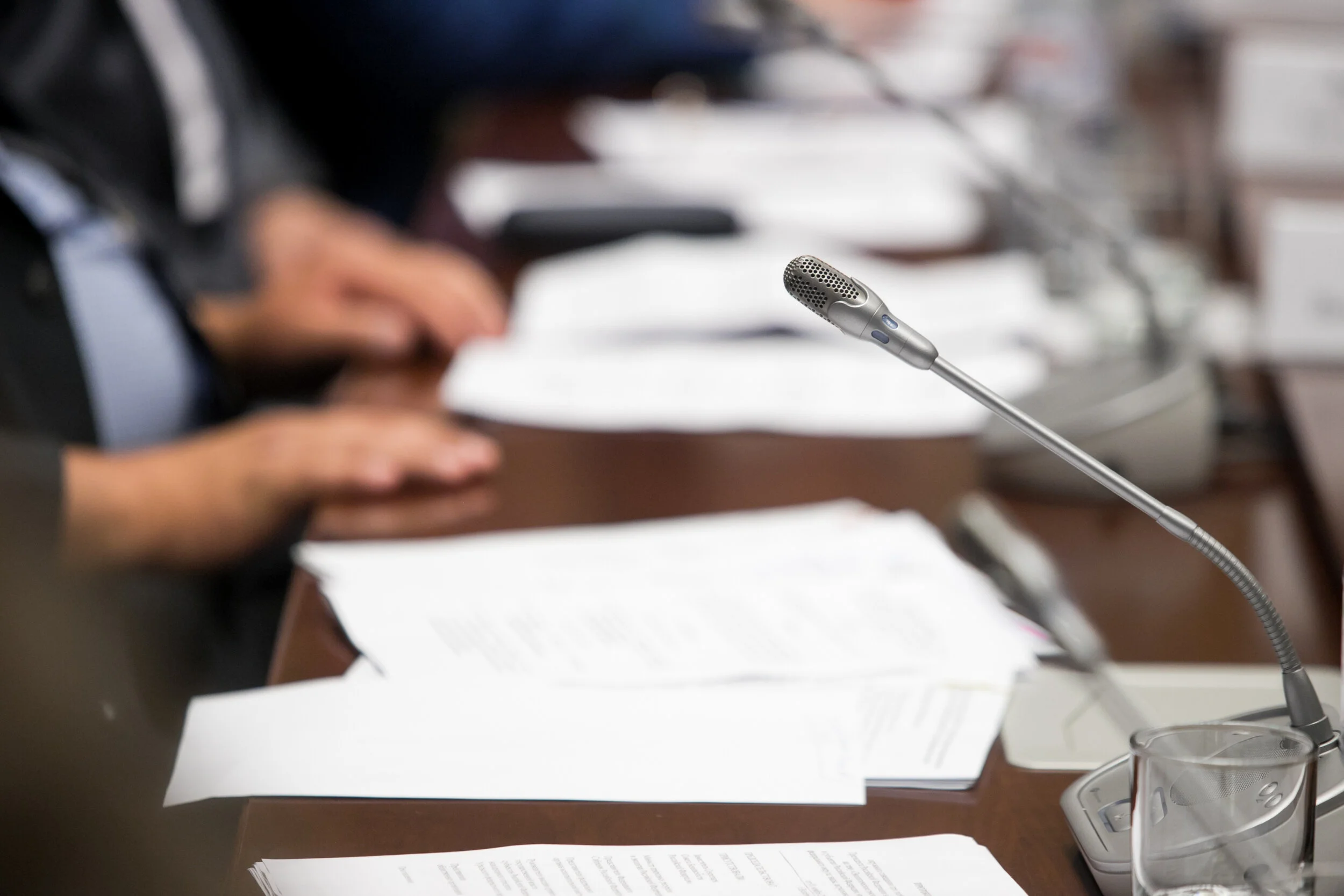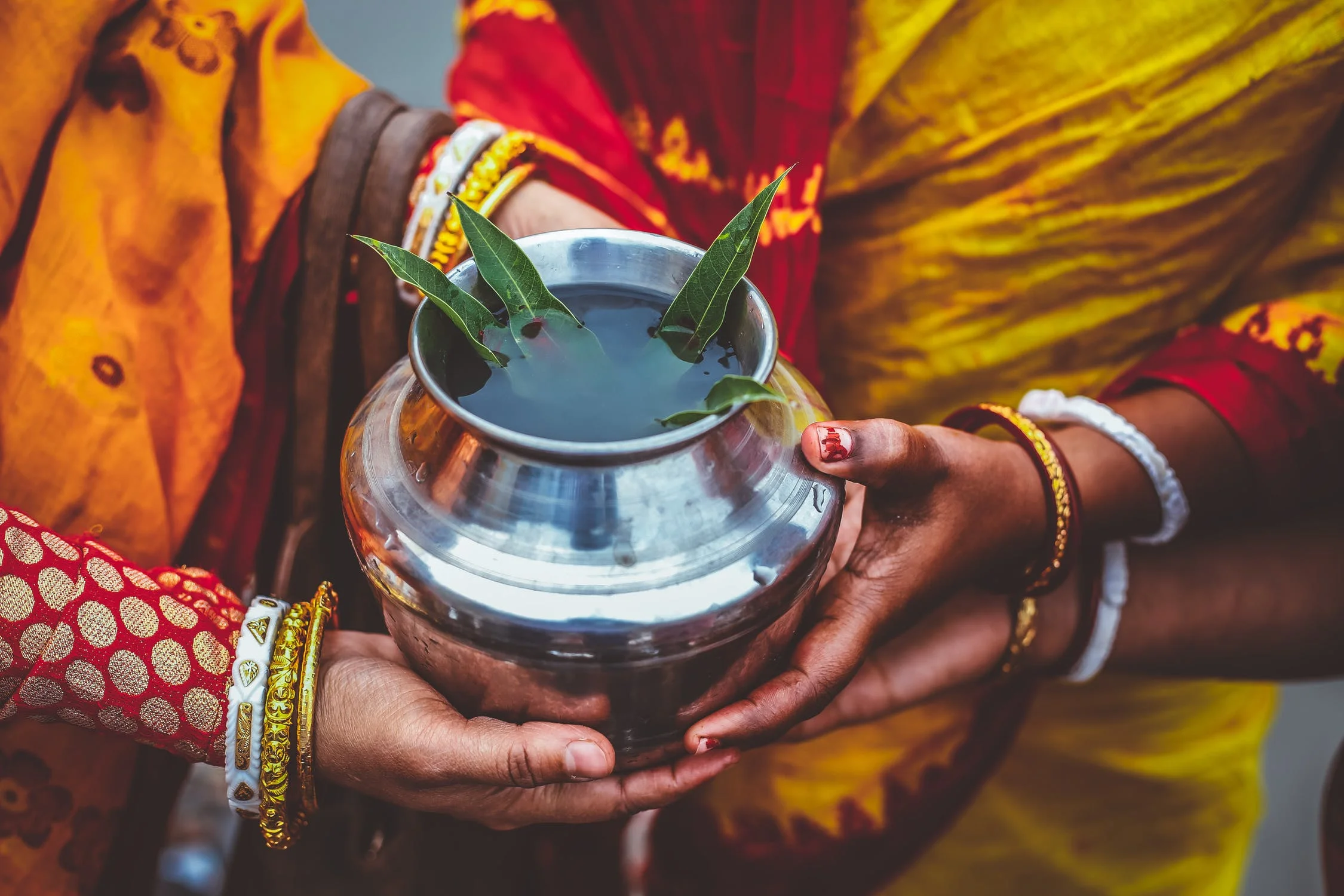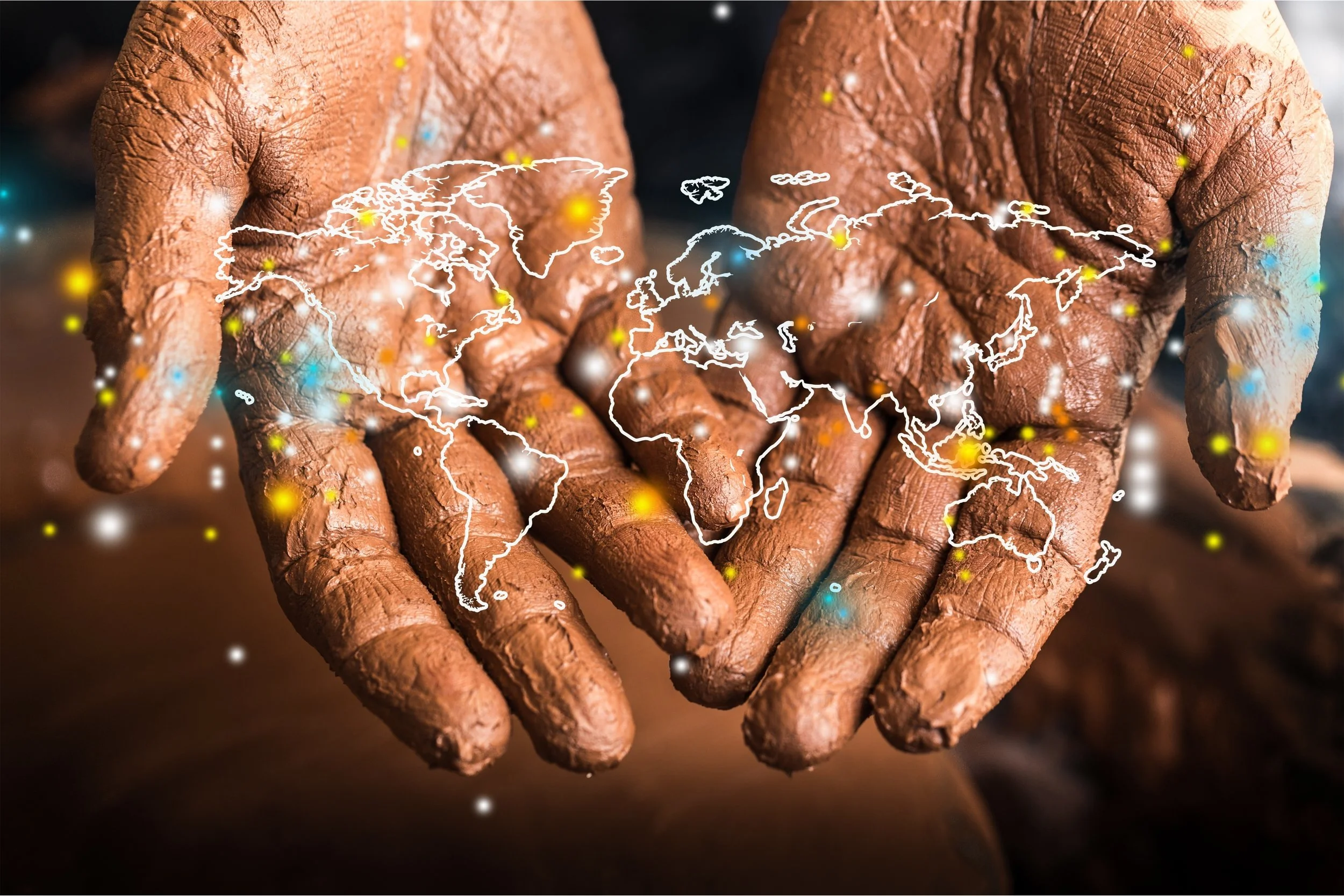Professor Chidi Oguamanam has been named to the University of Ottawa's University Research Chair in Sustainable Bio-Innovation, Indigenous Knowledge Systems and Global Knowledge Governance. Research Chairs represent the University's top researchers and recognize their outstanding and important accomplishments.
Read MoreCanada lacks a comprehensive federal Access and Benefit-Sharing (ABS) system for governing genetic resources and the associated traditional knowledge of Indigenous peoples, despite years of advocacy. While there is currently an interdepartmental committee on ABS at the federal level that collaborates with provincial and territorial jurisdictions and a lot more diverse initiatives related to ABS, little progress has been made.
Read MoreMedical racism against Indigenous peoples is a fact in the Canadian healthcare system. As a direct result of this experience, many Indigenous peoples lack trust in the healthcare system, and they limit their engagement with the system as much as possible. This has caused many detrimental impacts on Indigenous peoples, and the ongoing COVID-19 pandemic has highlighted an area of key concern – vaccine hesitancy within Indigenous peoples.
Read MoreOpen AIR (African Innovation Research) Network
Working Paper No. 24 (2021)
Co-authored with Chika Ezeanya-Esiobu and Vedaste Ndungutse
On August 27, 2018, the World Intellectual Property Organization (WIPO) Intergovernmental Committee on Intellectual Property and Genetic Resources, Traditional Knowledge and Folklore (IGC) reconvened in Geneva for its 37th session. The August 27-31 meeting is the third under the 2018-2019 biennium of the IGC and also the first opportunity for the experts to further advance negotiations on two texts for traditional knowledge (TK) and traditional cultural expressions (TCEs) under the current two-year program.
Read MoreCIGI Papers
No. 185 (2018)
After six days of deliberations (June 24-29, 2018) to secure a mature text for the protection of genetic resources and associated traditional knowledge, delegates left the negotiations with mixed feeling while remaining resolute on the progress made. The mixed feeling arose from the decision of the United States and its ally, Japan, not to support the transmission of the resulting text of the negotiations: REV 2 to the 40th IGC as a consensus document pursuant to the ongoing mandate of the IGC for the current biennium.
Read MoreOn June 26, 2018, the long running World Intellectual Property Organization (WIPO) Intergovernmental Committee on Intellectual Property and Genetic Resources, Traditional Knowledge and Folklore (IGC) reconvened in Geneva for its 36th session. Since 2000, the IGC has had a mandate to negotiate text-based instrument(s) for the effective protection of genetic resources, traditional knowledge and folklore (alternatively known as traditional cultural expressions).
Read MoreFor the 35th time in 18 years, experts have yet again gathered at the World Intellectual Property Organization (WIPO) headquarters in Geneva where they are scheduled to remain in deliberation between March 19 and 23, 2018. This meeting of the WIPO IGC is at the instance of the body’s renewed mandate for the 2018 and 2019 biennium after it failed, last year, to secure the transition of its draft texts.
Read MoreJournal of World Intellectual Property
Vol. 21, No. 5-6 (2018)
As it embarks on another five-year periodic review of the Copyright Act, Canada has an opportunity to reflect on its copyright regime in light of the gaps that exist between it and Indigenous creative works. Indigenous creative works refer to myriad forms, manifestations, or expressions of Indigenous cultural heritage and identity, ranging from stories, folklore and songs, to dances, rituals, symbols, protocols and practices. These collectively link Indigenous peoples with their land, ecological orientation and worldviews, as well as their past, present, and future.
Read More









